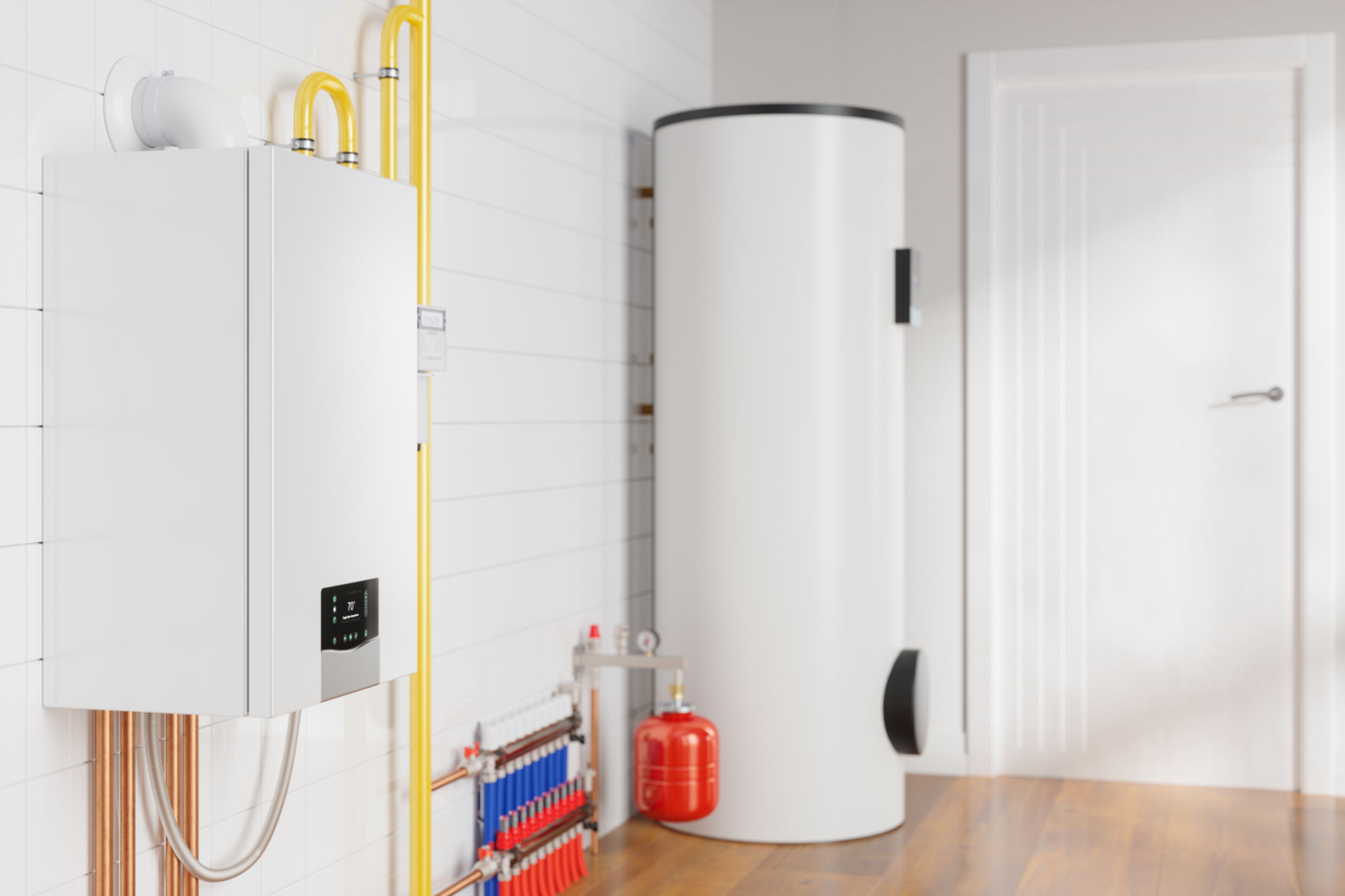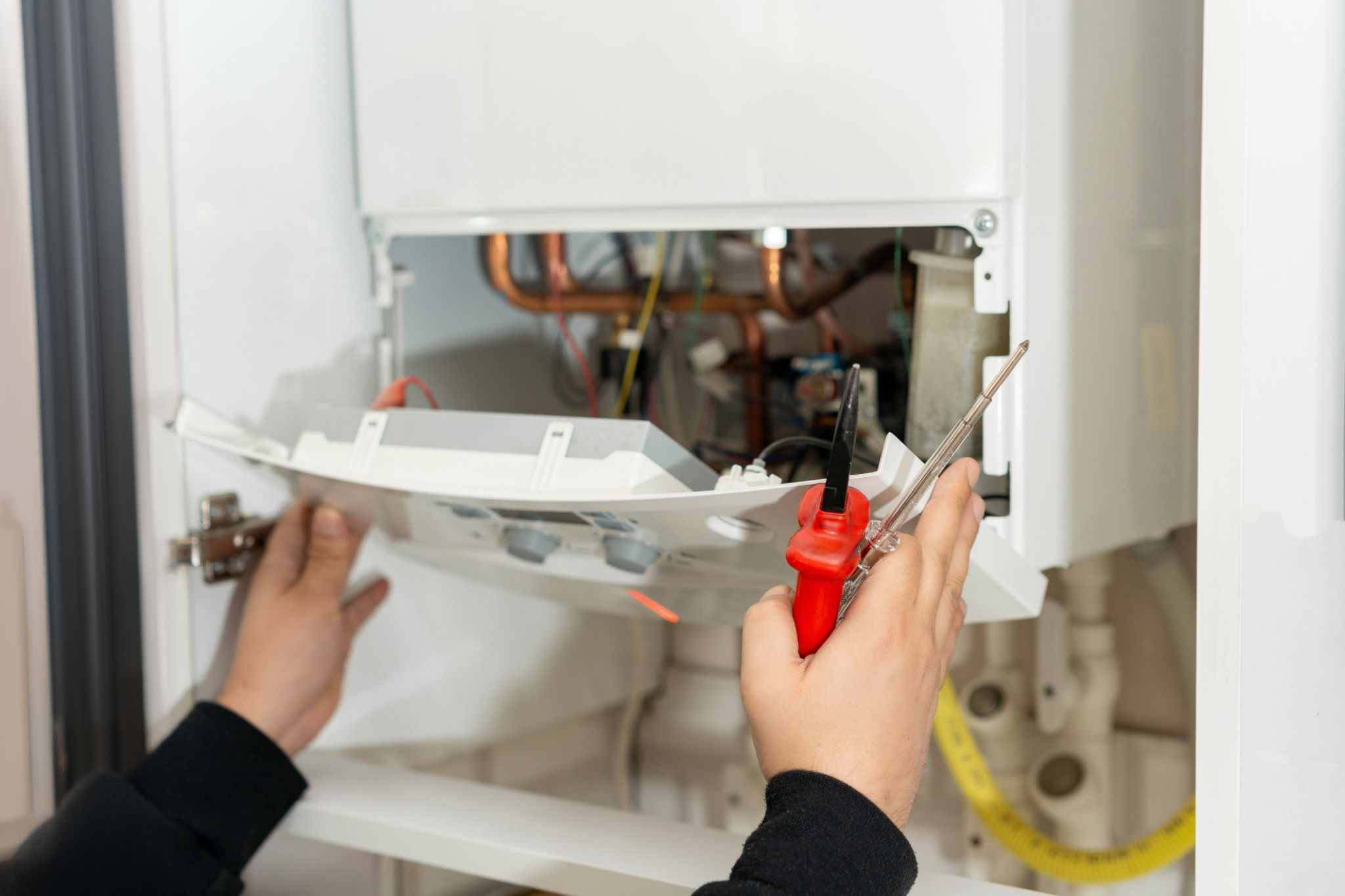Comprehensive Guide to Choosing the Right Hot Water System for Your Home
Understanding Your Hot Water Needs
Choosing the right hot water system for your home begins with understanding your specific needs. Consider the size of your household and typical water usage patterns. A family of four, for instance, will have different requirements than a single occupant. Estimating your daily hot water consumption is crucial in selecting a system that is both efficient and economical.
Additionally, think about peak usage times. Do you need hot water simultaneously in multiple bathrooms? Is there a significant laundry demand? These factors will help you narrow down the type and capacity of the hot water system that suits your home.

Types of Hot Water Systems
There are several types of hot water systems available, each with unique features and benefits. The main categories include:
- Storage Tank Systems: These systems store heated water in a tank, ready for use at any time. They are commonly powered by electricity, gas, or solar energy.
- Instantaneous (Tankless) Systems: These heat water on demand, eliminating the need for a storage tank. They are energy-efficient and provide continuous hot water.
- Solar Water Heaters: Utilizing solar panels, these systems are environmentally friendly and can significantly reduce energy bills.
- Heat Pump Systems: These extract heat from the air and use it to heat water, offering an energy-efficient alternative to conventional systems.
Comparing Energy Sources
The energy source for your hot water system can significantly impact both efficiency and cost. Electric systems are widely available but can be more expensive to run compared to gas-powered systems. Gas systems tend to heat water faster and are more cost-effective over time.

Solar systems represent a sustainable choice but require an upfront investment in solar panels. Heat pump systems, although more expensive initially, offer substantial energy savings in the long run. It's important to consider local energy prices and availability when selecting the most suitable option for your home.
Sizing Your Hot Water System
Choosing the right size for your hot water system is essential for efficiency and comfort. A system that's too small may not meet your household's needs, while one that's too large could lead to unnecessary energy expenditure. Use the following general guidelines:
- Small Households (1-2 people): Consider a 90-130 liter storage tank or a small instantaneous system.
- Medium Households (3-4 people): A 130-170 liter tank or a mid-sized instantaneous system may be appropriate.
- Large Households (5+ people): Look for a 170+ liter storage tank or a large-capacity instantaneous system.

Installation Considerations
The installation process can vary depending on the type of system you choose. Storage tank systems require adequate space and may need modifications to existing plumbing. Instantaneous systems, on the other hand, take up less space but require precise installation to ensure optimal performance.
If opting for solar or heat pump systems, consider the location of solar panels or the unit itself to maximize efficiency. Professional installation is recommended to ensure safety and compliance with local regulations.
Maintenance and Longevity
Regular maintenance is key to extending the lifespan of your hot water system. Storage tanks should be inspected annually for leaks and sediment buildup. Instantaneous systems may require occasional descaling to maintain efficiency.

Solar panels should be kept clean and free from obstructions. Keeping an eye on these maintenance tasks can prevent costly repairs and ensure your system operates smoothly for years to come.
Environmental Impact and Efficiency Ratings
When choosing a hot water system, consider its environmental impact. Look for systems with high efficiency ratings and low emissions. Solar and heat pump systems are excellent choices for reducing your carbon footprint.
Check for energy efficiency labels and government incentives that may be available for eco-friendly options. These can offer additional savings and make green choices more accessible.
Conclusion: Making an Informed Decision
Selecting the right hot water system involves balancing your household's needs with budget, energy efficiency, and environmental considerations. By understanding the options available and evaluating them against your specific requirements, you can make an informed decision that ensures comfort and savings for years to come.
Whether you're upgrading an existing system or installing one in a new home, take the time to research thoroughly and consult professionals where needed. Investing in the right hot water system is not just about immediate convenience; it’s about long-term benefits for both you and the environment.
